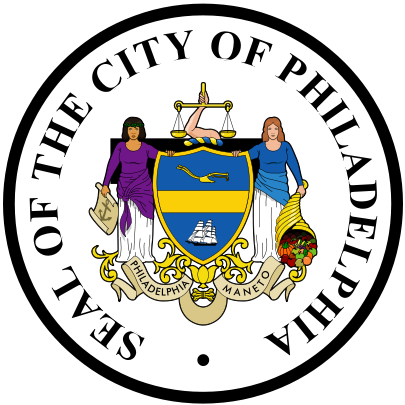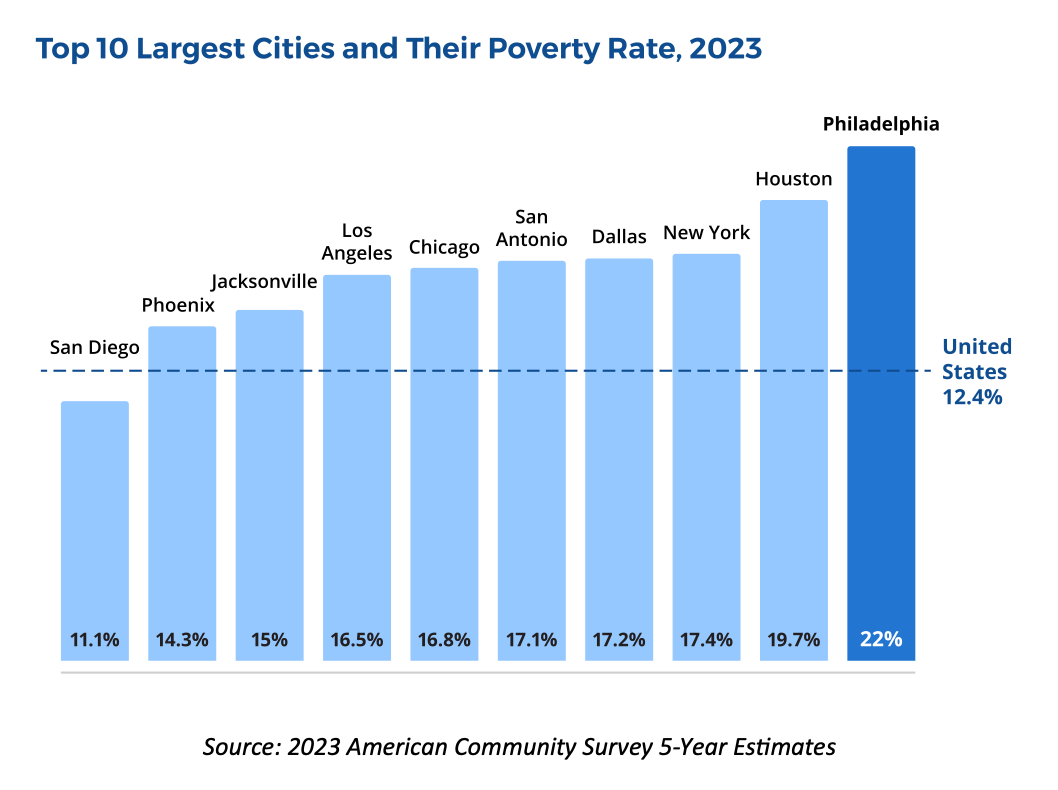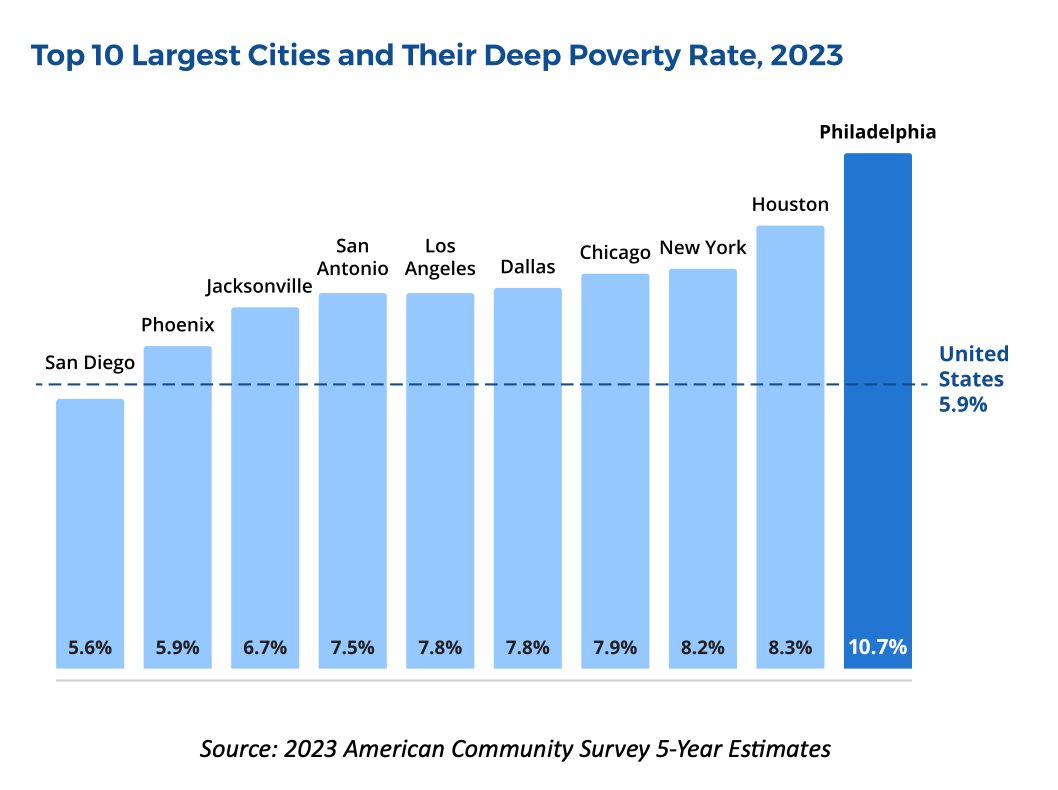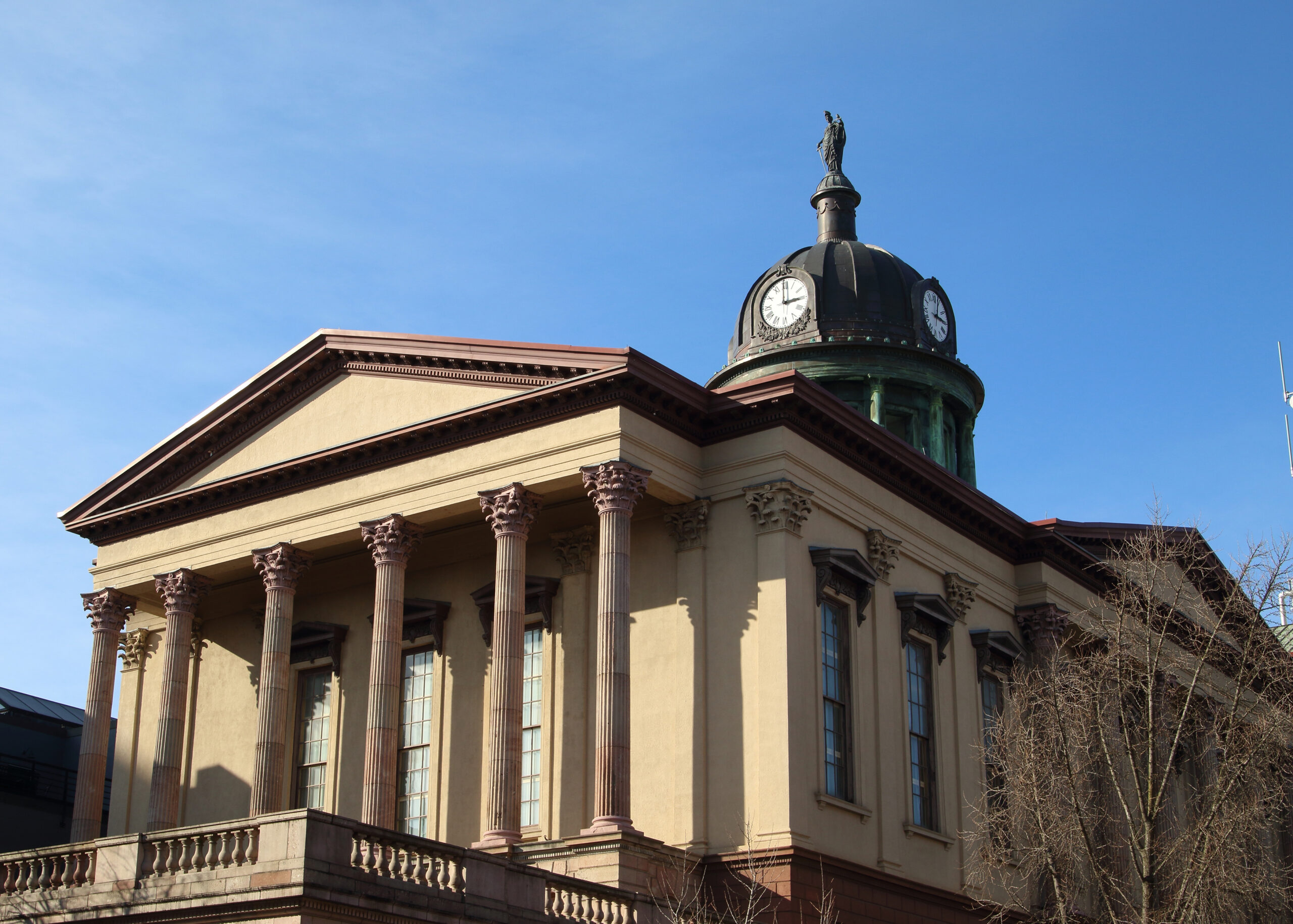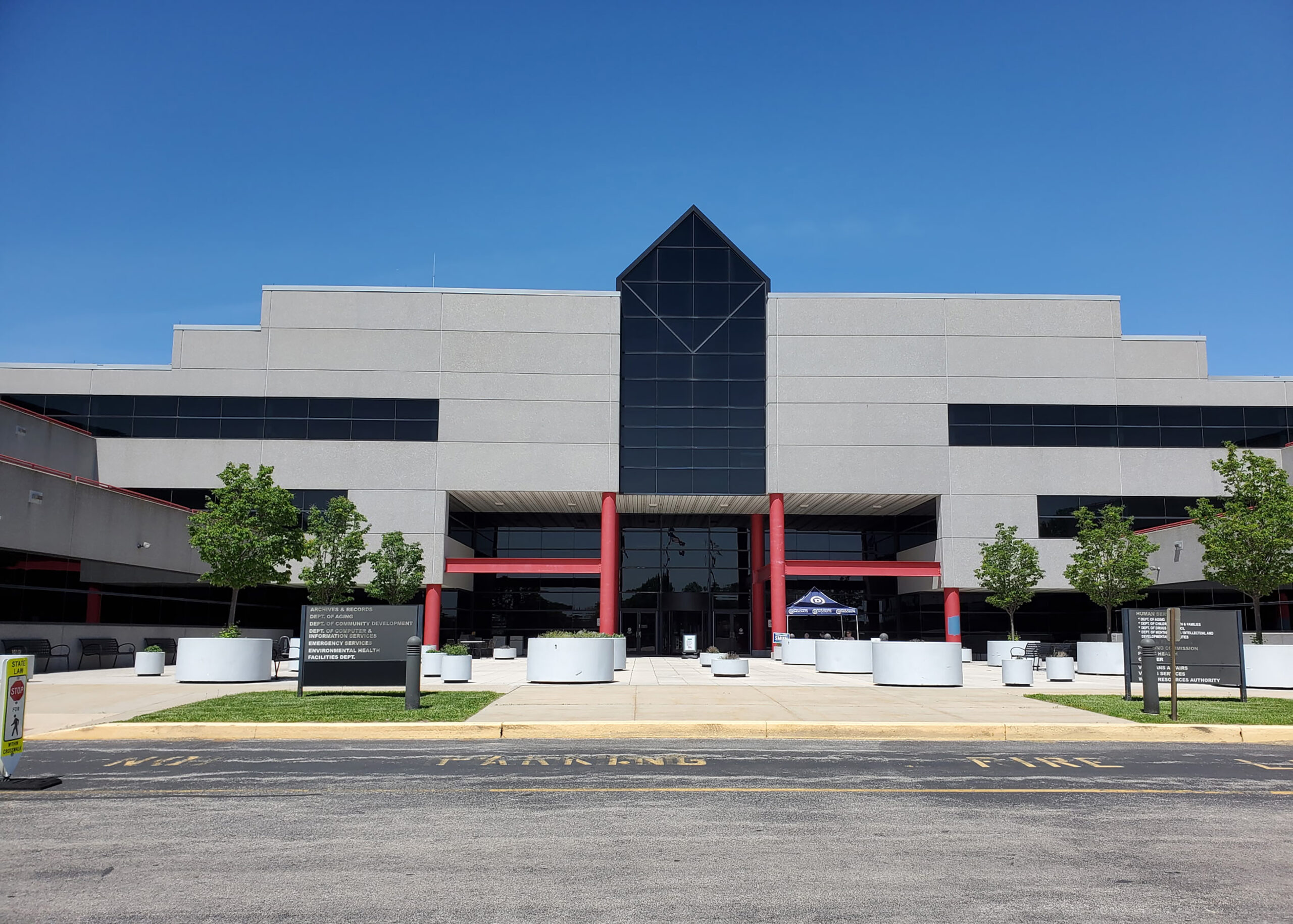Philadelphia Budget Fiscal Year 2026
The City of Philadelphia’s budget is on a fiscal year basis that begins July 1. In addition to preparing the 2026 Operating Budget and Capital Budget plan, they prepare a 5-year plan for Fiscal Years 2026-2030, which is required under the Pennsylvania Intergovernmental Cooperation Authority (PICA) Act from 1991. Mayor Parker presented the budget to the City Council on March 13, 2025.
Public budget hearings are currently ongoing and can be viewed either in person at Philadelphia City Council Chamber, Room 400, City Hall, by livestream, or on their YouTube channel. The schedule of discussed topics can be found here. Please note that Police and Public Safety was discussed Tuesday, April 8, beginning at 10:00 a.m. The budget must be voted upon and passed prior to the end of the 2025 fiscal year on June 30.
The Philadelphia Operating Budget’s General Fund is proposed to have $6.7 billion in expenditures, a 2.25% increase from the 2025 budget. Revenues are estimated to be $6.3 billion, resulting in a $422 million funding deficit. We reviewed the Philadelphia Operating Budget’s General Fund and here are a few of our takeaways:
Operating Budget Expenditures
Because Philadelphia is not only a county but a city, there are several categories of expenditures that are different from other counties. We’ve consolidated them for ease of comparison.
- Public Safety: $1.447 billion (21.5%)
- Administration: $930.9 million (13.8%)
- Health & Human Services: $705.3 million (10.5%)
- Debt Service: $405 million (6%)
- Education: $347 million (5.1%)
- Corrections: $309 million (4.6%)
- Judicial: $191 million (2.8%)
- Sanitation: $180 million (2.7%)
- Other: $2.228 billion (33%) *
* NOTE: “Other” includes $1.746 billion for Employee Benefits as well as subsidies for SEPTA and the Philadelphia Convention Center, fleet expenses, indemnities, and other miscellaneous expenses.
Budget Revenue Sources
- Taxes (Real Estate, Wage, Sales, etc.): $5.325 billion (84.2%)
- Agencies & Other: $631 million (10%)
- Federal & State Aid: $367 million (5.8%)
Additional Thoughts
FEDERAL AND STATE GRANTS
Federal and state grants are NOT included in Philadelphia’s General Fund revenues. The city holds a separate “Grants Revenue” fund with a budget of just under $3 billion. The departmental disbursement of the Grant Revenues can be found starting on page 41 of the 2026 Operating Budget.
Of the nearly $2 billion in federal and state grants expected, $1.47 billion or 74% will fund Health & Human Services programs and services. Mayor Parker acknowledged that federal policy changes cause uncertainty about the billions in grants upon which the city relies. She admits that tough decisions may need to be made regarding services and spending priorities if grant money is not received.
POVERTY
Poverty continues to plague Philadelphia as seen below with the American Community Survey data provided from the U.S. Census Bureau.
The U.S. Census Bureau describes the Poverty Rate as earning less than $31,200 per year for a family of four.
The U.S. Census Bureau describes the Deep Poverty Rate as earning less than $15,600 per year for a family of four.
With 32.7% of the Philadelphia population at or below the poverty level, the city’s budget is filled with numerous programs to help care for the impoverished. One such initiative is Mayor Parker’s new Housing Opportunities Made Easy (HOME) program, which would create or preserve 30,000 homes. Many in poverty are also suffering from substance abuse and/or mental or behavioral health concerns. Therefore, resources also go to care, treatment, and support of those in need.
Bottom line…
The Philadelphia 2026 fiscal year budget will undoubtedly change from Mayor Parker’s proposed one, given the hearings and approvals the administration must obtain. It appears that the mayor is trying to improve the city’s condition, both physically and fiscally, but it will take time and vigilance. Rather than just giving the poor a fish, the city should be teaching them to fish. Philadelphia once had a thriving ship yard, oil and gas production, textile mills, and more. Bringing manufacturing and industry back to Philadelphia would not only help those in poverty, but it would lift the plight of the city.
As the Constitutional Convention ended in 1787, Benjamin Franklin was asked if the delegates produced a monarchy or a republic. Franklin replied, “a republic, if you can keep it.”
We are trying to keep this republic that we love and hold our representatives accountable to the people. Join us in that mission and share this Update with your contacts!

